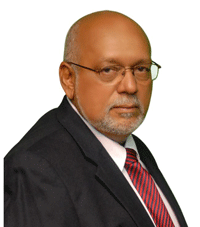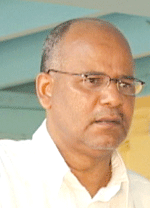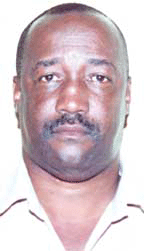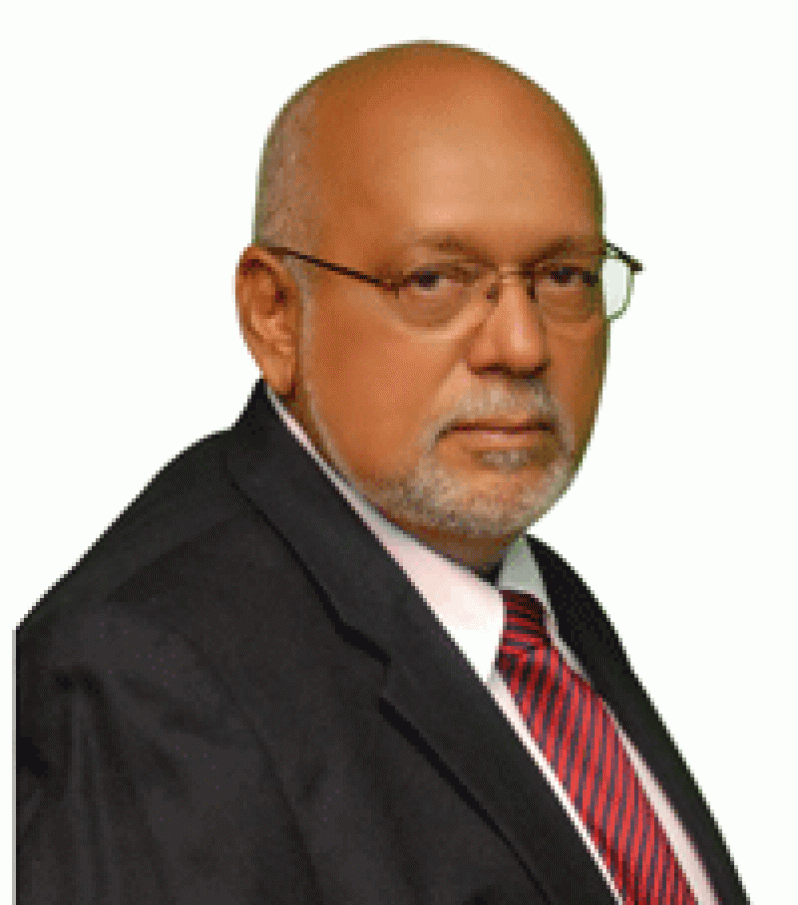COMPARED WITH overall murder rates as well as cases of killings by police in anti-crime activities, Guyana would fall well below the top three affected countries in the Caribbean Community (CARICOM), in an assessment of data over the past five years, with Jamaica and Trinidad and Tobago being very much at the top.
Yet, while just two months ago the Guyana Police Force was pointing to declining rates in murder and armed robberies for 2012, the shooting deaths of six Guyanese by the
 |
 |
 |
lawmen in four separate incidents within the past three months, have become heavily politicized by the parliamentary opposition resulting in what’s being currently described as the descent of a “siege mentality” in some communities.
Like Jamaica and Trinidad and Tobago, Guyana also bears the social and economic burden resulting from narco-trafficking and gun-running as part of the crime problem.
But a clear difference in the current Guyanese scenario of opposition parliamentarians’ involvement in organising protests against the police, as part of an anti-government campaign strategy, has no political equivalent elsewhere in CARICOM.
Last July 18, three persons were killed in the bauxite town of Linden, 65 miles south of Georgetown, during a fierce clash between the police and demonstrators protesting against a proposed phased hike in electricity tariff for residential consumers.
That tragedy followed anti-government activities in Linden by representatives of the main opposition party, A Partnership for National Unity (dominated by the old People’s National Congress) and Alliance for Change (AFC). Together, they acquired a first-time one-seat majority in the 65-member parliament at the November 28, 2011, general election.
On the basis of a negotiated tripartite accord, initiated by President Donald Ramotar, a high-profile five-member Commission of Enquiry was established and started hearings last month in Georgetown, guided by an agreed terms of reference with the deaths of the trio of Linden protesters as a core feature.
While the Commission was conducting hearings, the opposition intensified an earlier campaign for the dismissal of the Minister of Home Affairs, Clement Rohee. It had fingered him for blame as allegedly being involved in giving instructions to the police at the time of the tragedy.
Neither the Police Commissioner, Leroy Brumell, nor the senior officer in command at Linden on the day of the tragedy came anywhere near to giving credence to such an allegation when they testified at the enquiry.
Of the three other separate incidents involving shooting deaths by the police, one youth was accidentally shot, according to the cops, and the matter remains under investigation.
But it was the killing of young Shaquille Grant, a resident of Agricola Village, south of Georgetown, that triggered the opposition parties’ intensified anti-government, anti-police protests with the demands for dismissal of Home Affairs Minister Rohee growing.
The minority AFC went as far as giving a 48-hour ultimatum last week on behalf of the opposition for Rohee’s dismissal, or face “mass protests”.
When the ultimatum expired and the government betrayed no signs of genuflecting, (there are, of course, no precedents for such a response in CARICOM), mayhem erupted in Agricola.
There were reports of hostile attacks on the police, beatings and robberies of villagers and commuters and the blocking of major transportation routes that left hundreds stranded during an estimated five-hour stand-off.
President Ramotar angrily declared in a statement that Agricola’s violent disturbances were “well planned and centrally-directed” by forces linked with the parliamentary opposition.
The Federation of Independent Trade Unions of Guyana (FITUG), a major umbrella body of the country’s leading unions, deemed the development as sheer “hooliganism…acts of outright thuggery”, that cannot be accepted, and quite harmful for the peace and progress of the nation.
Significantly, while the minority opposition AFC was maintaining its fiery rhetoric against the government and the police, APNU chose to distance itself from the violence that erupted and the horrors suffered by innocent commuters, including school children.
However, the AFC appears to be determined to pursue extra-parliamentary tactics against the government, even amid conflicting signals that APNU may be in the process of reconsidering strategies and tactics to embarrass and frustrate both the Police Force and the government.
This November 28 will mark one year since the two opposition parties secured their one-seat parliamentary majority. But there is yet to be any sign of a desire for serious rapport, any significant initiative between the opposition and the government for structured dialogue in the national interest; only more and more, the politics of confrontation and destabilisation.
Meanwhile, the Commission of Enquiry continues to carry out its mandate on the shooting deaths of the Linden protesters, as well as the developments associated with what came to be known, as the “Linden crisis” of July 2012.
(Courtesy, yesterday’s Trinidad Express)












